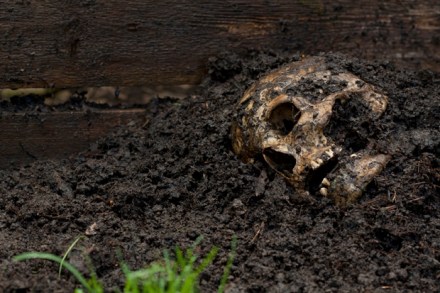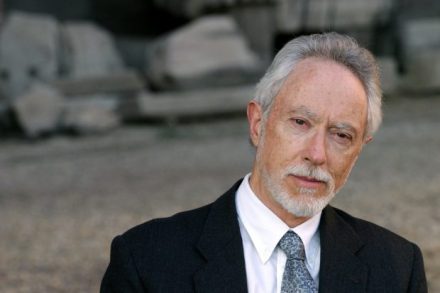Getting away with murder
Cher Hughes loved the beauty, the white sand beaches and sun-kissed climate of the tropical islands of Bocas del Toro in Panama. So she sold her thriving sign business in Florida and spent the profits on creating a new life on the Caribbean archipelago. She and her husband built a beautiful home filled with fine furnishings on Darklands, a private island with coconut palm trees and a sheltered cove, while investing in a couple of rental units nearby. Hughes threw herself into her new life. She went into the jungle to find strange blooms for her vases and searched for armadillos in the moonlight. A blonde in her forties, she




















